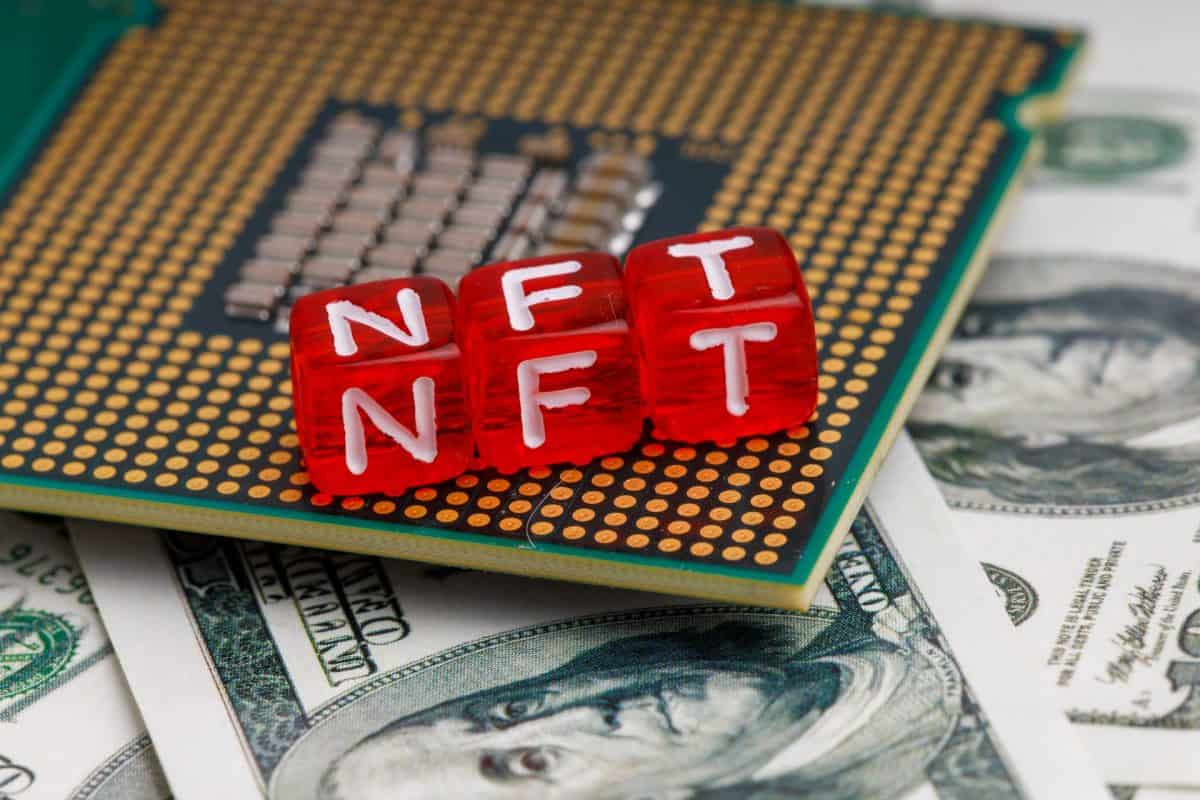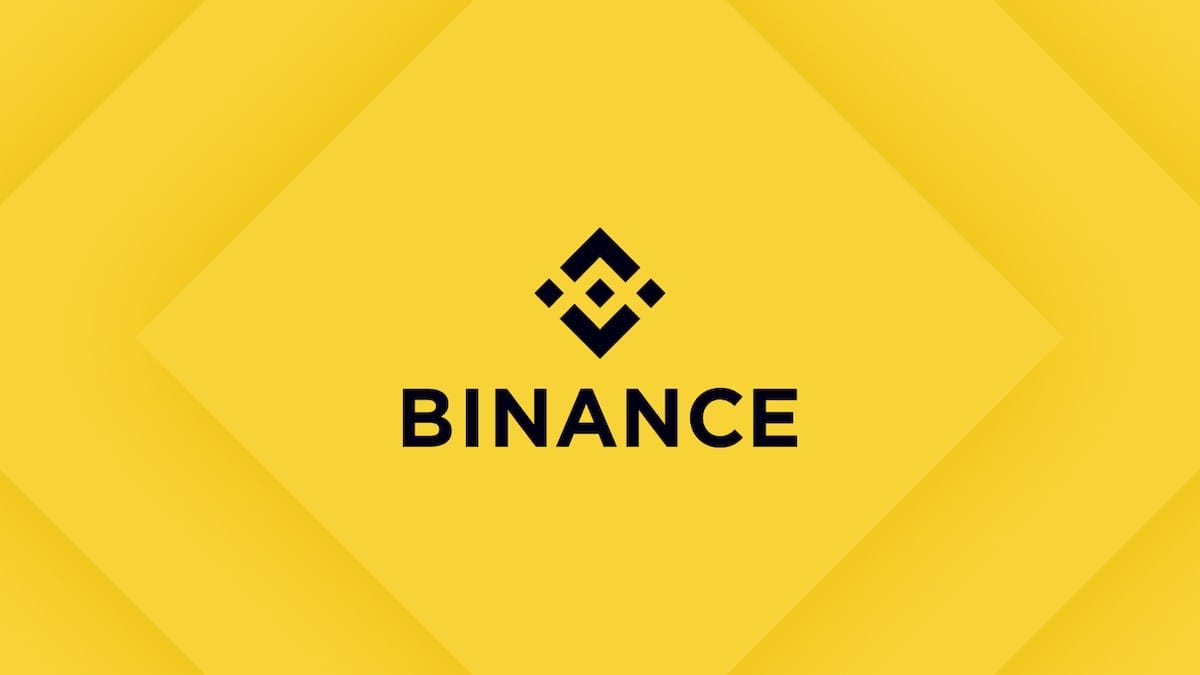Australia to tighten control of cryptocurrency exchange platforms

Investment in crypto-assets is unregulated, may not be suitable for retail investors and the entire amount invested may be lost. It is important to read and understand the risks of this investment, which are explained in detail here.
In recent years, cryptocurrency has become increasingly popular in Australia, with more and more people investing in Bitcoin, Ethereum, and other digital assets. As a result, the Australian government has been under pressure to introduce regulations to protect consumers and investors in the crypto space.
In 2022, the Australian Treasury released a consultation paper on crypto asset regulation, which outlined a number of proposed reforms, including a licensing regime for crypto exchanges. The paper was met with mixed reactions from the crypto industry, with some stakeholders welcoming the proposed regulations and others expressing concerns that they would stifle innovation.
And now, the Australian government is set to introduce new regulations requiring crypto exchanges to obtain a financial services license. The regulations will apply to crypto exchanges holding more than $5 million in aggregate or exceeding $1,500 for any individual user.

What do the regulations mean for cryptocurrencies?
The regulations will require crypto exchanges to adhere to stringent standards, including providing services transparently and fairly, managing conflicts of interest, disclosing information, submitting financial reports, and meeting solvency and cash reserve requirements. Additionally, asset custody rules will be enforced to enhance consumer protection within the sector.
The move follows a series of international hacks and cases of poor risk management, most notably the collapse of U.S.-based crypto exchange FTX, which incurred significant losses for approximately 30,000 Australians.
In addition to the licensing requirement, the government also intends to introduce additional obligations for exchanges, such as standardizing contract forms and implementing custody software and token transaction standards inspired by regulations in Europe, Britain, Canada, and Singapore.

NFTs are unaffected
The government's stated aim is to regulate crypto without stifling innovation. Tokens that function as financial products will fall under existing corporate laws, while non-financial tokens, such as those used in video gaming and non-fungible tokens (NFTs), will remain unregulated. However, exchanges dealing with non-financial tokens will still require licenses.
The proposed regulations will also impose certain obligations on activities such as trading, staking, and fundraising for non-financial products.
Public consultation on the government's plans will continue until Dec. 1, with an exposure draft of the proposed legislation set to be released in 2024.
Crypto exchanges will have a 12-month transition period to adapt to the new regulatory framework once the rules come into force.
Advertisement















